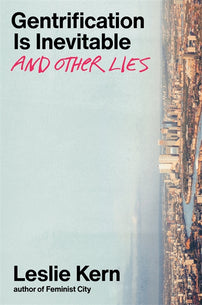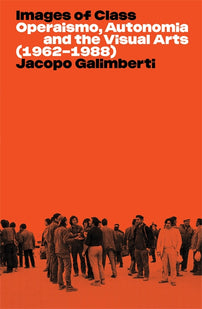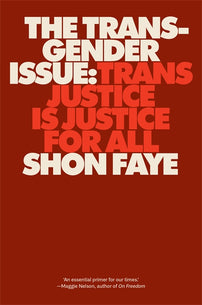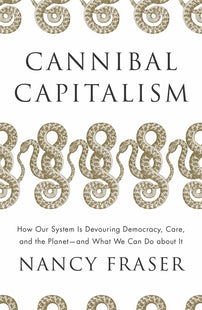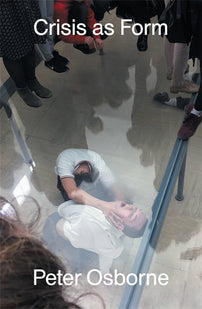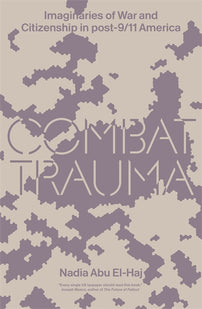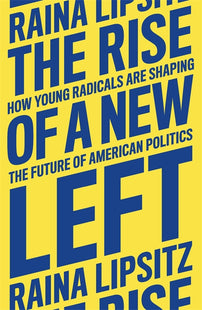A Guide To Our September Titles
Here are our books coming out in September!
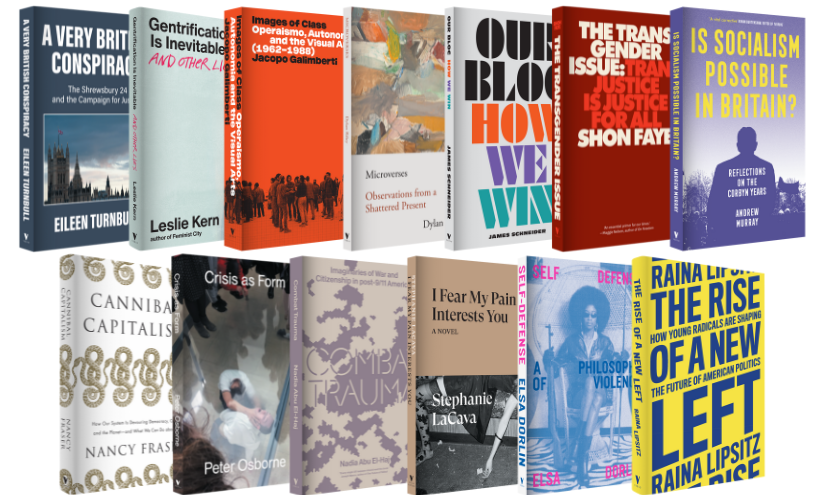
Through September we'll be publishing 12 new titles, including an incisive case for trans justice, a study of combat trauma and American militarism, and “The cool girl book of the year."
[book-strip index="1" style="buy"]In 1973 a group of North Wales building workers were arrested for picketing-related offences during the first and only national building workers strike in Britain the year before. It was a turning point for halting the growth of trade unionism in the building industry, from which it has never recovered. A Very British Conspiracy is the first book to tell the full story of how the state prosecuted these workers and the campaign that was established to overturn this miscarriage of justice.
[book-strip index="2" style="buy"]What does gentrification look like? Can we even agree that it is a process that replaces one community with another? It is a question of class? Or of economic opportunity? Who does it affect the most? Is there any way to combat it? Leslie Kern, author of the best selling Feminist City, travels from Toronto, New York, London, Paris and San Francisco and scrutinises the myth and lies that surround this most urgent urban crisis of our times.
[book-strip index="3" style="buy"]This book focuses on the aesthetic and cultural discourse developed by three generations of militants (including Mario Tronti, Antonio Negri, Bifo and Silvia Federici), and how it was appropriated by artists, architects, graphic designers and architectural historians such as Manfredo Tafuri. Featuring more than 140 images of artworks, many published here for the first time, this volume provides an original perspective on post-war Italian culture and new insights into some of the most influential Marxist movements of the twentieth and twenty-first centuries worldwide.
[book-strip index="4" style="buy"]Microverses comprises over a hundred short essays inviting us to think about society—and social theory—in new ways. Lockdown created the conditions for what Adorno once termed ‘enforced contemplation’. Dylan Riley responded with the tools of his trade, producing an extraordinary trail of notes exploring how critical sociology can speak to this troubled decade. Microverses analyses the intellectual situation, the political crisis of Trump’s last months in office, and love and illness in a period when both were fraught with the public emergency of the coronavirus.
Invitations rather than finished arguments, the notes attempt to recover the totalising perspective of sociology—the ability to see society in the round, as though from the outside—and to recuperate what Paul Sweezy described as a sense of the ‘present as history’.
In the wake of Corbyn's defeat, Momentum co-founder James Schneider makes a bold argument: the central question is not whether to stay in or leave the Labour Party. Instead, we should focus on federating our forces - to strengthen our movements and voices today, and lay the ground to construct the party we need to enter the state tomorrow.
Now is not the moment to scale back our ambitions. Climate shocks, rising debt, inequality and energy costs are hard barriers to neoliberalism's viability. If we can build power and prepare to seize the moment, we have a world to win.
In this brilliant introduction to trans politics, journalist Shon Faye gives an incisive overview of systemic transphobia and argues that the struggle for trans rights is necessary to any struggle for social justice.
With skill, rigor, and heart, Faye uncovers the reality of what it means to be trans in a transphobic society. In this compellingly readable study, she explores issues of class, family, housing, healthcare, sex work, the prison system, and trans participation in the LGBTQ+ and feminist communities. What she finds, ultimately, is that when we fight for trans liberation, we fight for a better world for us all.
Is Socialism Possible in Britain? analyses Jeremy Corbyn’s tenure as Labour leader and the prospects for parliamentary socialism in a post-Corbyn Britain. Lively and insightful, it is informed by an insider’s view of the most radical period in Labour’s history.
A veteran of the Stop the War Coalition, Andrew Murray was seconded to Corbyn’s office from the Unite trade union and witnessed an extraordinary daily bombardment from sections of the Parliamentary Labour Party and the media. He candidly assesses the leadership’s response to the antisemitism controversy and the dilemmas of Brexit, as well as Keir Starmer’s restoration of a turgid neo-Blairism.
Capital is currently cannibalizing every sphere of life–guzzling wealth from nature and racialized populations, sucking up our ability to care for each other, and gutting the practice of politics. In this tightly argued and urgent volume, leading Marxist feminist theorist Nancy Fraser charts the voracious appetite of capital, tracking it from crisis point to crisis point, from ecological devastation to the collapse of democracy, from racial violence to the devaluing of care work. These crisis points all come to a head in Covid-19, which Fraser argues can help us envision the resistance we need to end the feeding frenzy.
[book-strip index="9" style="buy"]Criticism of contemporary art is split by an opposition between activism and the critical function of form. Yet the deeper, more subterranean terms of art-judgment are largely neglected on both sides. These essays combine a re-examination of the terms of judgement of contemporary art with critical interpretations of individual works and exhibitions by Luis Camnitzer, Marcel Duchamp, Matias Faldbakken, Anne Imhof and Cady Noland. The book moves from philosophical issues, via the lingering shadows of medium-specificity (in photography and art music), and the changing states of museums, to analyses of the peculiar ways that works of art relate to time.To give artistic form to crisis, it is suggested, one needs to understand contemporary art’s own constitutive crisis of form.
[book-strip index="10" style="buy"]In this wide-ranging and fascinating study of the meshing of medicine, science, and politics, Abu El-Haj explores the concept of post-traumatic stress disorder and the history of its medical diagnosis. While antiwar Vietnam War veterans sought to address their psychological pain even as they maintained full awareness of their guilt and responsibility for perpetrating atrocities on the killing fields of Vietnam, by the 1980s, a peculiar convergence of feminist activism against sexual violence and Reagan’s right-wing “war on crime” transformed the idea of PTSD into a condition of victimhood. In so doing, the meaning of Vietnam veterans’ trauma would also shift, moving away from a political space of reckoning with guilt and complicity to one that cast them as blameless victims of a hostile public upon their return home. This is how, in the post-9/11 era of the Wars on Terror, the injunction to "support our troops," came to both sustain US militarism and also shields American civilians from the reality of wars fought ostensibly in their name.
Margot’s on her way to Montana, with blood on her face and a jeweled cigarette case full of pills. She’s fresh from a bad break-up and fleeing the cold comforts of her famous family – legendary punk parents and an overbearing show business scion of a grandmother.
But while the eyes of the world are elsewhere for the first time in Margot's life, a graveyard encounter with a disgraced doctor and the discovery of a dozen old film reels leads to a troubling new subjecthood, as her congenital inability to feel pain puts her center stage for one man’s desire and ambition.
[book-strip index="12" style="buy"]Is violent self-defense ethical? In the history of colonialism, racism, sexism, capitalism, there has long been a dividing line between bodies “worthy of defending” and those who have been disarmed and rendered defenseless. In 1685, for example, France’s infamous “Code Noir” forbade slaves from carrying weapons, under penalty of the whip. In nineteenth-century Algeria, the colonial state outlawed the use of arms by Algerians, but granted French settlers the right to bear arms. Today, some lives are seen to be worth so little that Black teenagers can be shot in the back for appearing "threatening" while their killers are understood, by the state, to be justified. That those subject to the most violence have been forcibly made defenseless raises, for any movement of liberation, the question of using violence in the interest of self-defense.
[book-strip index="13" style="buy"]A new progressive generation is on the rise in the United States, reflected in the mushrooming rolls of the Democratic Socialists of America (90,000 mostly twentysomething members), Marxist explainers in Teen Vogue, and perhaps most famously of all, the youngest woman ever elected to Congress, Alexandria Ocasio-Cortez.
The Rise of a New Left: How Young Radicals Are Shaping the Future of American Politics is the first book to look closely at this new politics. Propelled by interviews with AOC and the other key figures and organizations that have shaken up American politics, the book includes portraits of groups like Democratic Socialists of America, the Sunrise Movement, and Justice Democrats, explaining who they are, where they come from, and what they want. Investigating the panoply of strategies employed by the new movements and their relationships to politicians from Bernie Sanders to Nancy Pelosi, the book describes how the generational focus on insurgent electoral campaigns both aims to transform the Democratic Party and threatens to be captured by it.

